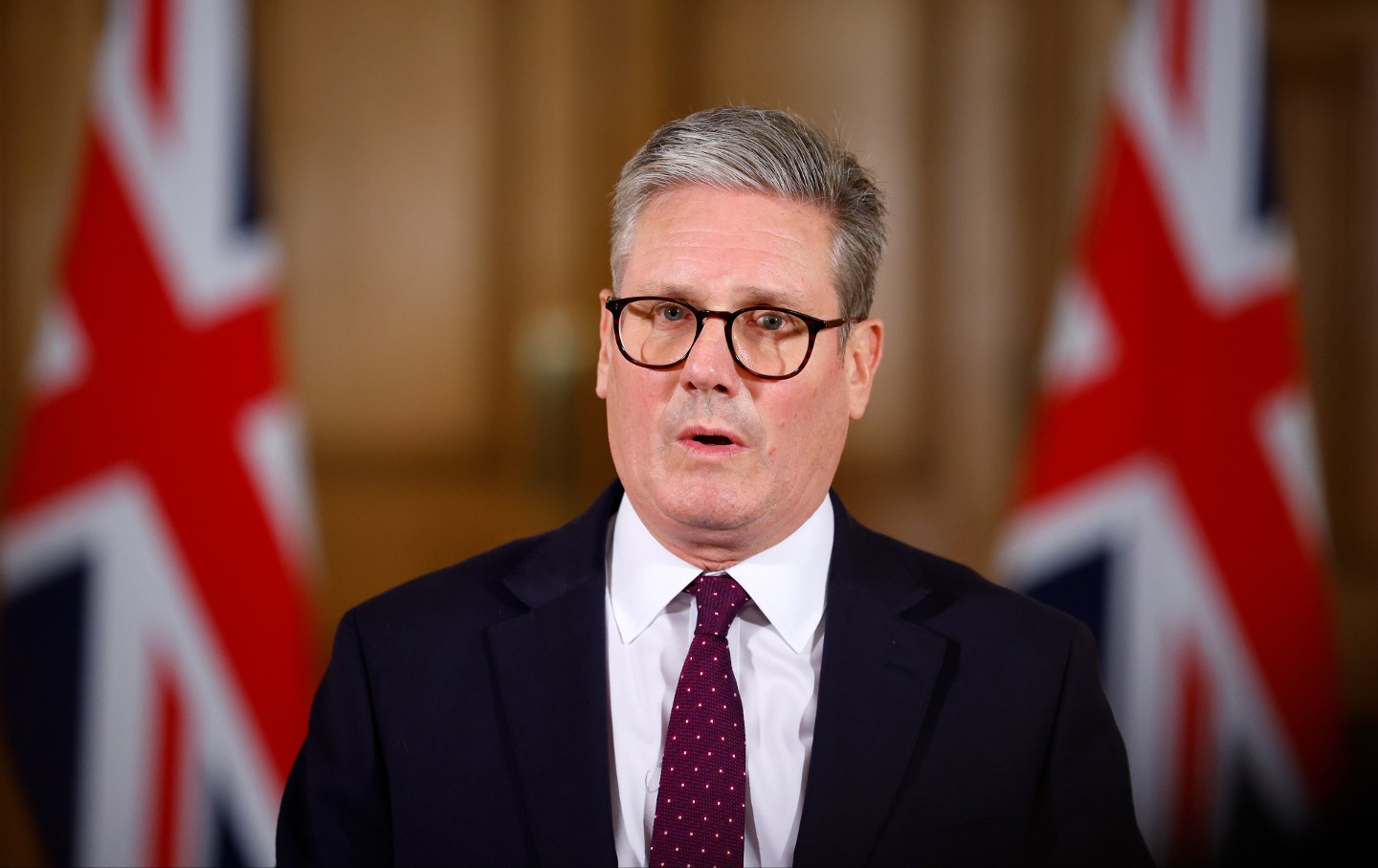UK and France launch migrant return pilot in new cross-channel deal

The pilot marks a shift in the UK’s approach to illegal migration following the cancellation of the controversial Rwanda deportation policy.
The United Kingdom will begin returning some migrants who arrive across the English Channel to France within the coming weeks, Prime Minister Keir Starmer has announced, as part of a new pilot agreement with the French government.
Speaking in Paris at the close of a three-day state visit, Starmer confirmed the start of a "one in, one out" programme, under which Britain would send a number of new arrivals back to France and in exchange accept an equivalent number of asylum seekers from there.
He said the move is aimed at sending a clear message that attempts to cross the Channel using small boats will not succeed.
“This ground-breaking plan will help break the model of the people smugglers,” Starmer said, adding that the system would be expanded if it proves effective. While reports had suggested up to 50 people may be returned each week, the prime minister did not confirm any specific figures.
The pilot marks a shift in the UK’s approach to illegal migration following the cancellation of the controversial Rwanda deportation policy.
Starmer said the new strategy reflects a commitment to international cooperation and a fresh resolve to combat smuggling networks.
“There is no silver bullet here,” Starmer said. “But with a united effort, new tactics and a new level of intent, we can finally turn the tables.”
French President Emmanuel Macron echoed this, describing the deal as a deterrent that could have an impact beyond the numbers directly involved.
He also criticised the effects of Brexit on migration cooperation, saying the British public had been "sold a lie... which is that the problem was Europe."
Under the new plan, the UK and France will give priority to asylum seekers from countries commonly targeted by smuggling operations and to those with close ties to the UK.
Interested applicants in France will be able to express their interest in seeking asylum in the UK through an online system. The pilot will initially focus on adult individuals.
Some parts of the return process, including how the UK will decide who qualifies to be sent back to France, remain unclear.
The UK government said the deal will be signed once it has completed legal reviews in full coordination with the European Commission and EU member states.
The joint press conference also saw the two countries commit to enhanced cooperation beyond migration.
Starmer and Macron announced joint mobilisation of nuclear deterrents in case of attack, closer collaboration in artificial intelligence and supercomputing, and faster work on anti-ship missile development.
The latest data show that nearly 20,000 people have crossed the Channel in small boats in the first six months of 2025, a sharp increase from previous years. Since records began in 2018, over 170,000 have arrived this way.
To complement the return pilot, the UK government also plans to step up enforcement against illegal working, targeting sectors like delivery services that are often exploited by trafficking networks. Starmer said this would cut off the economic incentive behind many crossings.
“I know some people will still ask, why should we take anyone in, so let me address that directly,” Starmer said. “We accept genuine asylum seekers because it is right that we offer a haven to those in most dire need. But there is also something else, something more practical which is that we simply cannot solve a challenge like stopping the boats by acting alone and telling our allies that we won't play ball.”
The deal has drawn criticism from some opposition leaders. Conservative shadow home secretary Chris Philp said the agreement would be ineffective, claiming it would only return “one in every 17 illegal immigrants arriving.” Nigel Farage, leader of Reform UK, dismissed it as unworkable, calling the crossings a "national security emergency" and saying: “Frankly the French owe us our money back.”
Farage also warned that any deportation attempts would be blocked by human rights legislation.
The UK has previously struggled to implement deportation plans due to legal obstacles, including the now-abandoned Rwanda policy, which never took effect before the general election.
Macron concluded by noting that both countries would also increase joint action in migrant countries of origin and transit.
